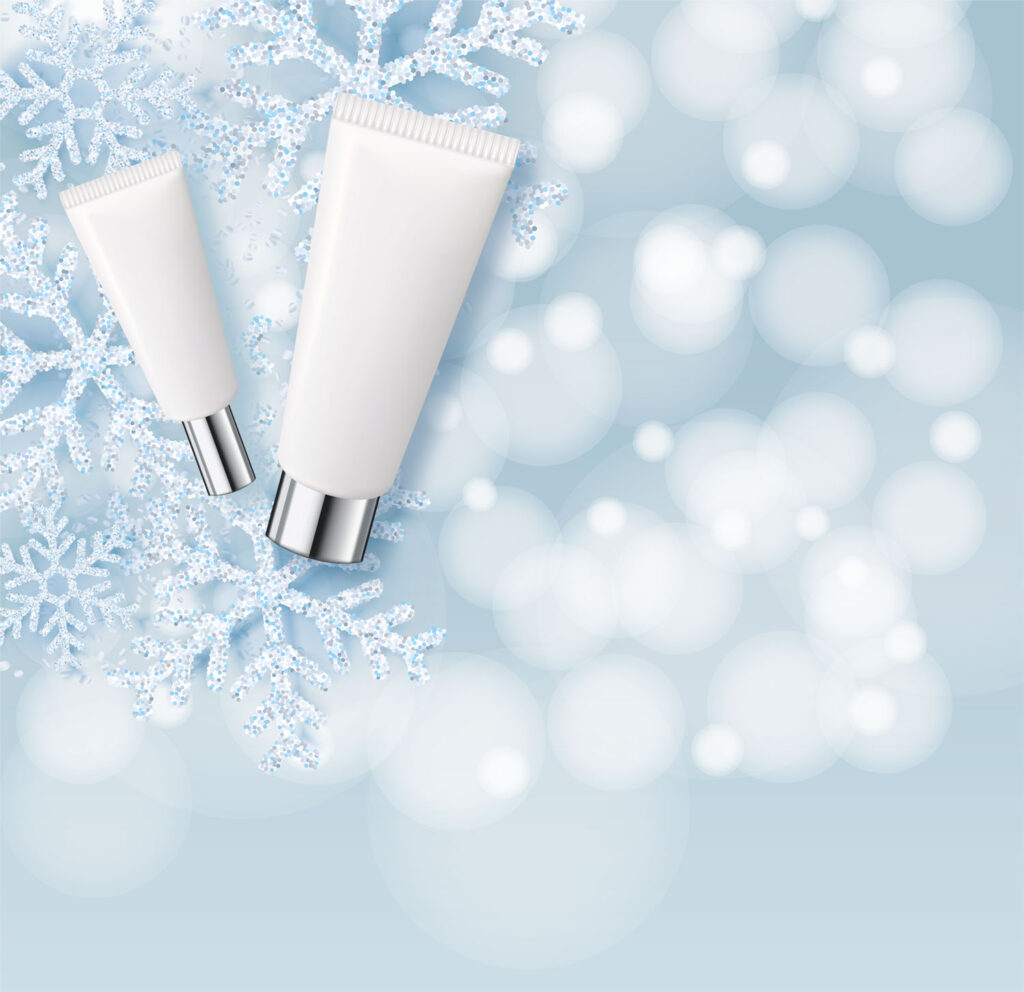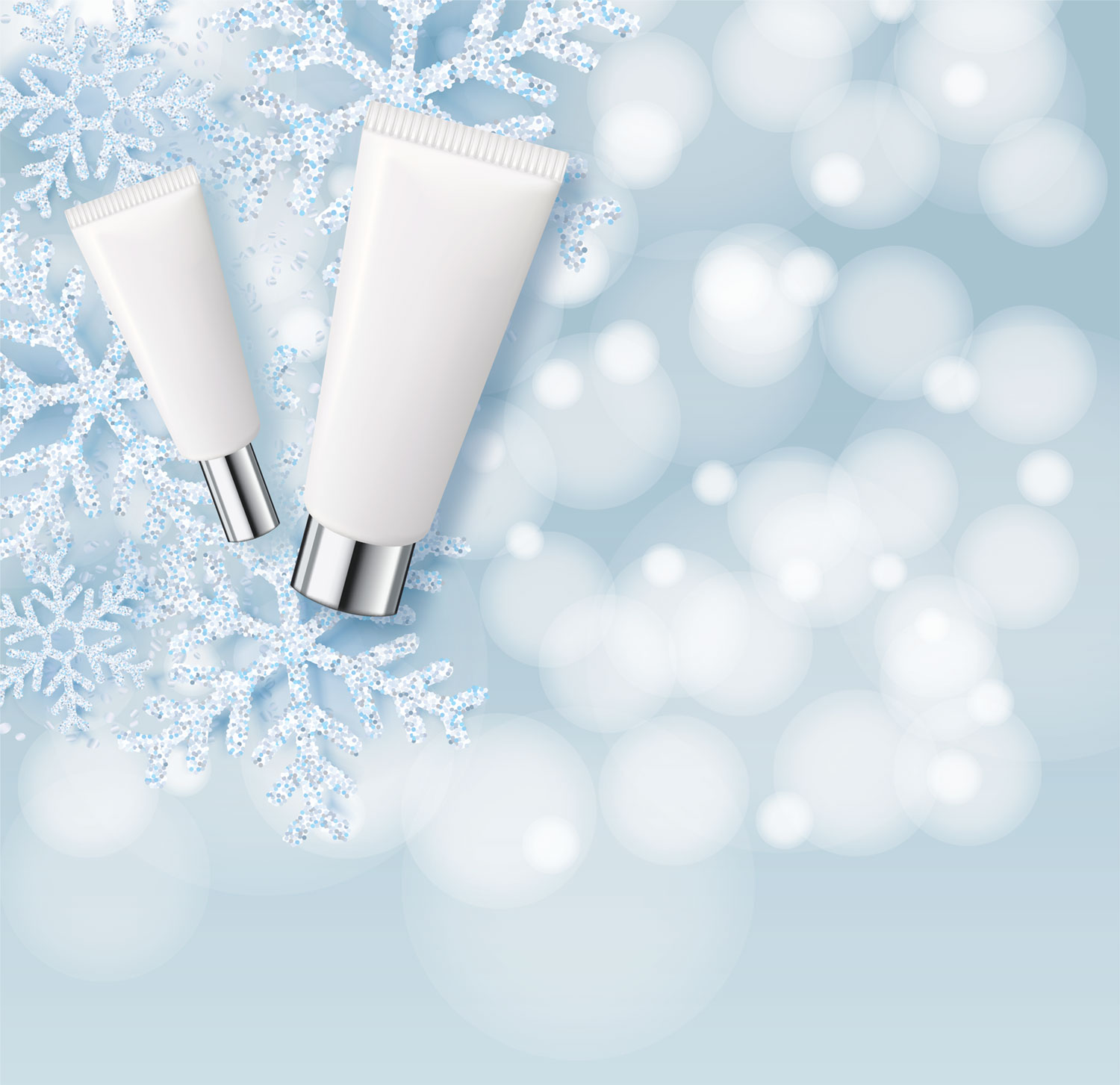Wintertime Sunshine
By Mabel Hinton

I have always been known as the kid who wears a t-shirt to the pool. Keeping the sun off my pale, freckled skin has been my number one priority–my mother drilled this responsibility into my psyche at a young age. Looking fashionable and tanned was never the name of the game. Since, I have dished out a small fortune on sunscreen, big hats, and UV protective shirts. Although I have spent most of my childhood outside, I would regularly seek out shade to quiver under–bowing down to the sun in all her fiery glory. However, I attended UNCW and spent four years at the beach and an additional four years working on boats.
Low and behold, last September, at age 29, I noticed a strange spot on my leg. It was small, dark, and rough. After a trip to my dermatologist and a biopsy, we found out I had squamous cell carcinoma (SCC)–the second most common form of skin cancer. SCC occurs when DNA damage from exposure to ultraviolet radiation or other damaging agents trigger abnormal changes in the squamous cells. My doctor told me that I was far too young to have this. Luckily, it was in a low-risk area and within five minutes, he had removed it all (and some, just to be safe). “Of all the cancers to get, this is the one you want,” he reassured me.
Now you may think I can take a sigh of relief; winter is my friend! But this is not the case, and I want to warn you. Even if you are a bronze goddess who the sun has personally chosen to shine her sweet golden rays upon…you should be wary of the long-term damage that is too deep to see at the present moment. Many people think that sunscreen is only important during the summer months. However, wearing sunscreen is just as important during the winter as it is during the summer.
There are several reasons that you should wear sunscreen throughout the cold months. Even if skin cancer does not run in your family, you still want to keep your skin beautiful and healthy year-round. Skincare is an essential part of everyone’s daily routine and should always include sunscreen. Here is why:
Keep Your Skin Looking Younger
If you want to keep your skin looking as youthful as possible, then sunscreen is your friend. The skin cancer-causing UVB rays deplete the collagen in your skin. This can cause skin sagging. It can also cause your skin to age prematurely. In fact, it is estimated that 90 percent of wrinkles are caused by excessive exposure to UVB rays.
Snow and Ice Reflect UV Rays
If you will be snowboarding, skiing, sledding, hiking, etc., then you need to wear a stronger sunscreen. The snow and ice both reflect UV rays (just like the reflection off the sea got to me). I recommend wearing sunscreen with a sun protection factor (SPF) of 30 to 50 if you will be participating in a snow sport. Of course, visit your dermatologist to find out exactly what is best for you. Just because it is cold, does not mean the sun and UV rays are weak.
Sunscreen Decreases Your Risk of Skin Cancer
As mentioned in my above spiel, one of the main reasons sunscreen is recommended throughout the entire year is because of the risk of skin cancer. The UVB rays are the type of ultraviolet rays that have been linked to skin cancer. These rays are still very strong during the winter months. Simply adding sunscreen to your skin every morning can lower your risk of getting skin cancer. Use a sunscreen that has an SPF of 30 or higher for the best protection.
SPF
The SPF number tells you how long the sun’s UV radiation would take to redden your skin when using the product versus the amount of time without any sunscreen. So ideally, with SPF 50 it would take you 50 times longer to burn than if you were not wearing sunscreen. An SPF 30 allows about 3 percent of UVB rays to hit your skin. An SPF of 50 allows about 2 percent of those rays through. UVB rays cause sunburn and play a key role in developing skin cancer. SPF refers mainly to the amount of UVB protection it provides.
Prevent Sunburns
Even though UV rays are stronger during the summer, they can still cause sunburn during the winter. The sun is actually closer to the earth during the winter months, making your chances of sunburn that much higher. Of course, during the winter our skin is typically covered so the focus should be your exposed skin, such as your face and hands.
The Ozone Layer Is Thinner
The ozone layer is the part of the atmosphere that absorbs the radiation from the sun. However, the ozone layer is thinner during the winter months. Another reason why you have less protection from the sun. Even though the winter outside is colder, your skin may be absorbing more of the ultraviolet rays.
It is a good idea to wear sunscreen when you are outdoors, regardless of the time of the year–trust me. You will be protecting yourself from sunburn, skin cancer, wrinkles, and other signs of premature aging. You will be saving time, money, and loads of stitches. It may seem silly if you do not have a light skin tone, but regardless, you will be moisturizing the outer layers of your epidermis and protecting what is underneath it. Visit your dermatologist to find your best skincare routine. Take care, and enjoy the wintertime Vitamin D!

